Future of Cities project closes
Future of Cities project closes
The Future of Cities project has now concluded. This blog is no longer being updated.
The Future of Cities project has now concluded. This blog is no longer being updated.

Cities can be excellent laboratories for innovating and developing new ideas. When Foresight asked cities about the challenges they were facing, retaining a high skilled labour pool emerged as an important issue.
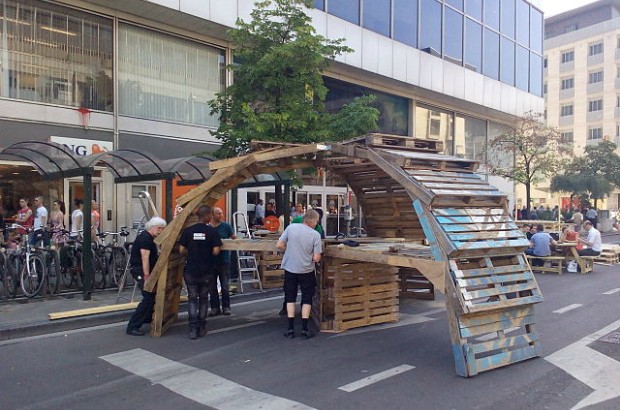
In this article, inspired by the movement of open spaces in cities across the world and resilience theory, I argue that city and human resilience are tightly interlinked.
This animation looks at scenarios for the future of Newcastle upon Tyne over the next 50 years.
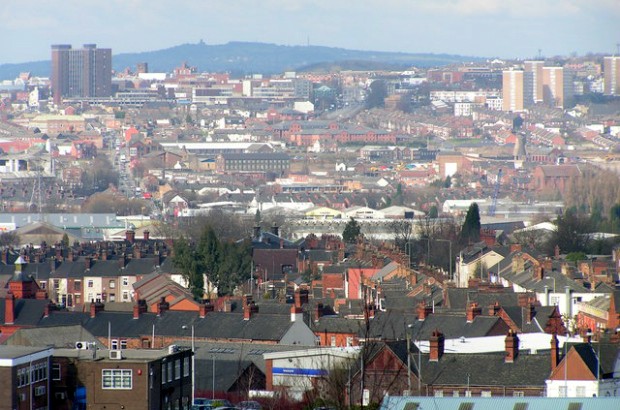
As city devolution gathers momentum, is it time to ask how all the pieces fit together. What governance capacities are required, how does planning fit in, what roles should the state fulfil?

Cities could increasingly take the lead on solving societal problems. Ed Glaeser, an economist at Harvard, famously said that cities are our greatest invention.
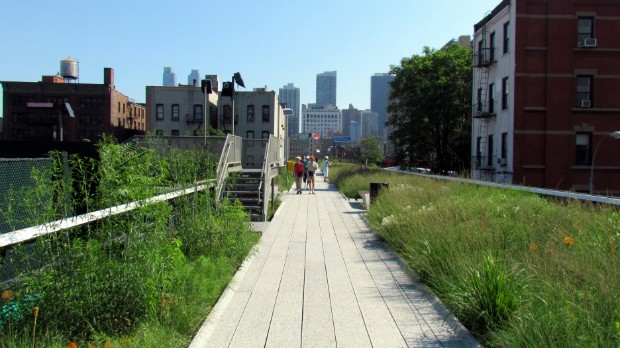
Mayors and civic leaders from around the world shared their ideas on the future of city leadership at the City Leadership Summit in October. How to lead place-based innovation emerged as a major theme.

How can cities around the world reduce their greenhouse gas emissions?
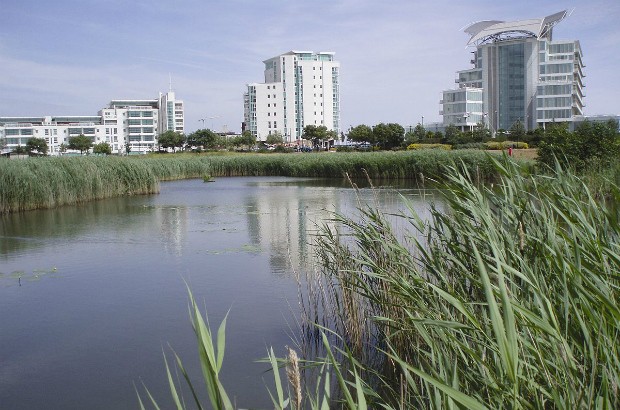
What opportunities might ecosystem services hold for the future city? Green roofs, living walls and vertical gardening are just some of the ideas mentioned in the latest paper published by the Future of Cities project.
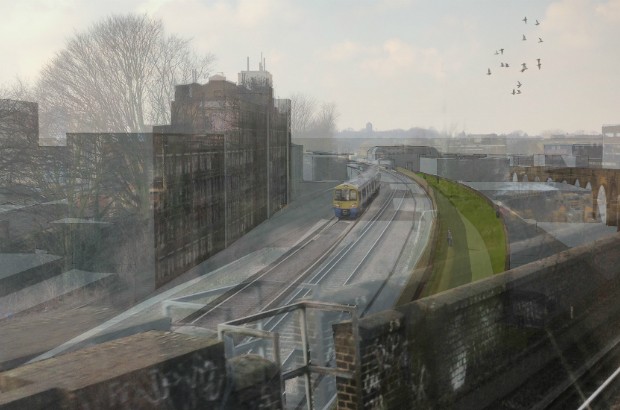
Paul Dietrich from The Peckham Coal Line team explains how citizen involvement can help communities shape unused spaces in their city.
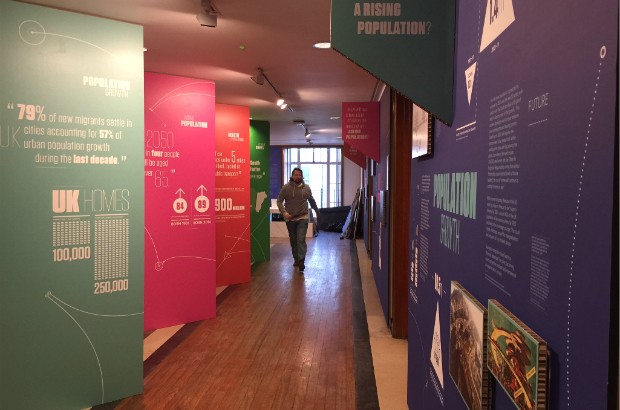
In February, the Foresight Future of Cities project produced The Future City exhibition in an attempt to share some of its emerging thinking with a wider public and professional audience.